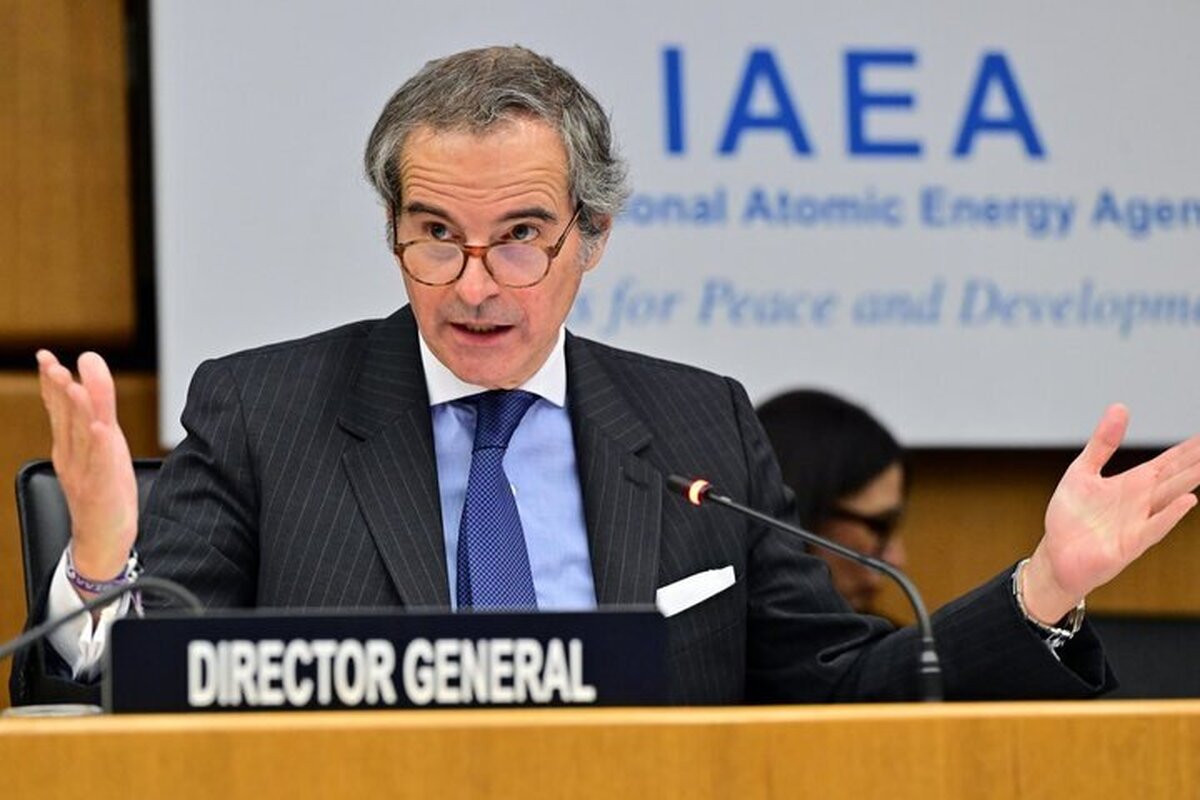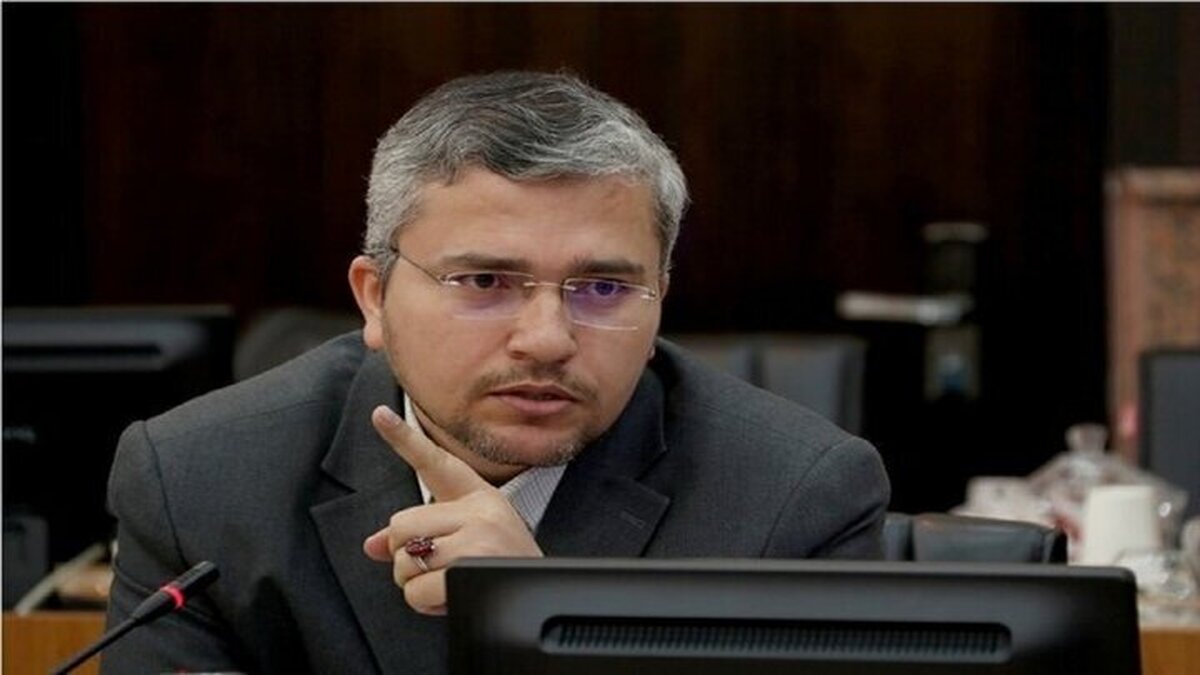
20% Enrichment Not an End to JCPOA
EghtesadOnline: Iran’s Monday move to enrich uranium to 20% purity as per a parliamentary legislation does not mark an end to the Joint Comprehensive Plan of Action, the formal name of the 2015 nuclear deal, as it can be restored to its original shape once all parties resume their full commitment, an Iranian diplomat said.
“It is mentioned in Clause 7 of the law that if other parties fulfill their commitments, we must report to the parliament so that they take a reciprocal decision,” Deputy Foreign Minister Abbas Araqchi said on state television on Monday, ISNA reported.
“If they fulfill their commitments completely, we are ready to return to full compliance,” he added.
Iran began enriching uranium to 20% purity on Monday, taking a new step beyond the limits set in JCPOA it signed with the world powers in 2015.
Tehran had already suspended some of its JCPOA commitments in 2019, in response to the United States’ unilateral exit and reimposition of sweeping sanctions that jeopardized its JCPOA interests, especially after European signatories also failed to counter their effects.
Following the assassination of Iran’s top nuclear scientist Mohsen Fakhrizadeh last month, lawmakers passed a law that required the government to further curb its commitments, including raising enrichment levels to 20%, beyond JCPOA’s 3.67% cap and the 4.5% it had already reached in 2019.
Araqchi said all legal procedures were adopted and the International Atomic Energy Agency had clearly observed the same before Iran officially started enrichment on Monday, exercising the authority enshrined in the Comprehensive Safeguards Agreement.
The diplomat also stressed that both the previous measures and the new step are in compliance with Paragraph 36 of JCPOA, which allows a participant to suspend its commitments partly or completely in case of non-compliance by other signatories.
“The launch of [20% enriched uranium] production is in accordance with the NPT [Non-Proliferation Treaty], JCPOA and the Comprehensive Safeguards Agreement,” he said.
Foreign Minister Mohammad Javad Zarif also took to Twitter to announce the start of enrichment “as legislated by our parliament”, stressing that IAEA has been “duly notified”.
“Our remedial action conforms fully with Para 36 of JCPOA, after years of non-compliance by several other JCPOA participants. Our measures are fully reversible upon FULL compliance by ALL,” he added.
Unjustified European Concern
Europe has expressed high concern, saying this action is “in breach of Iran’s nuclear commitments and will have serious implications”.
Araqchi said Europe has no right to comment because the recent move is as much a breach of JCPOA as their own failure to live up to their commitments on sanctions lifting, which is an inseparable part of the agreement.
“The solution to preserving JCPOA does not lie in pressurizing Iran, but lies in the Western parties’ implementation of their commitments, which include the lifting of sanctions,” he said.
Araqchi said the measure also has a symbolic aspect and carries a message that progress in Iran cannot be halted and elimination of individuals such as Fakhrizadeh does not ruin their goals.
The deputy foreign minister also denied accusations that the new enrichment is a move toward developing nuclear weapons.
“No one can allege that Iran has carried out this project to go toward nuclear weapons … Iran has completely shown its good faith and proved its commitment to not developing a nuclear weapon,” he said in reference to Iran’s full compliance with JCPOA, even a year after the US pullout.
Tehran has always denied seeking atomic weapons, highlighting that it is against Islamic rules.
Enriched Material’s Uses
According to Iranian officials, the 20%-purity uranium is needed for Tehran Research Reactor that produces medical isotopes.
“More than one million people in Iran use these radiopharmaceuticals,” Spokesman for the Atomic Energy Organization of Iran Behrouz Kamalvandi said on state television on Monday.
Iran imported the fuel for this reactor until 2010, when it was denied the material and began producing the needed uranium domestically.
According to Kamalvandi, over 400 kilograms of 20% enriched uranium had been produced before the signing of JCPOA which still provides enough material for the use of about three to four years.
Iran had agreed under the nuclear deal to make a request for its purchase two years before the stockpiles run out, but the new law requires AEOI to produce and accumulate 120 kilograms of 20% enriched uranium now.
Kamalvandi said the operation had a good start and the material was produced within 12 hours, while the process normally takes 24 hours.



